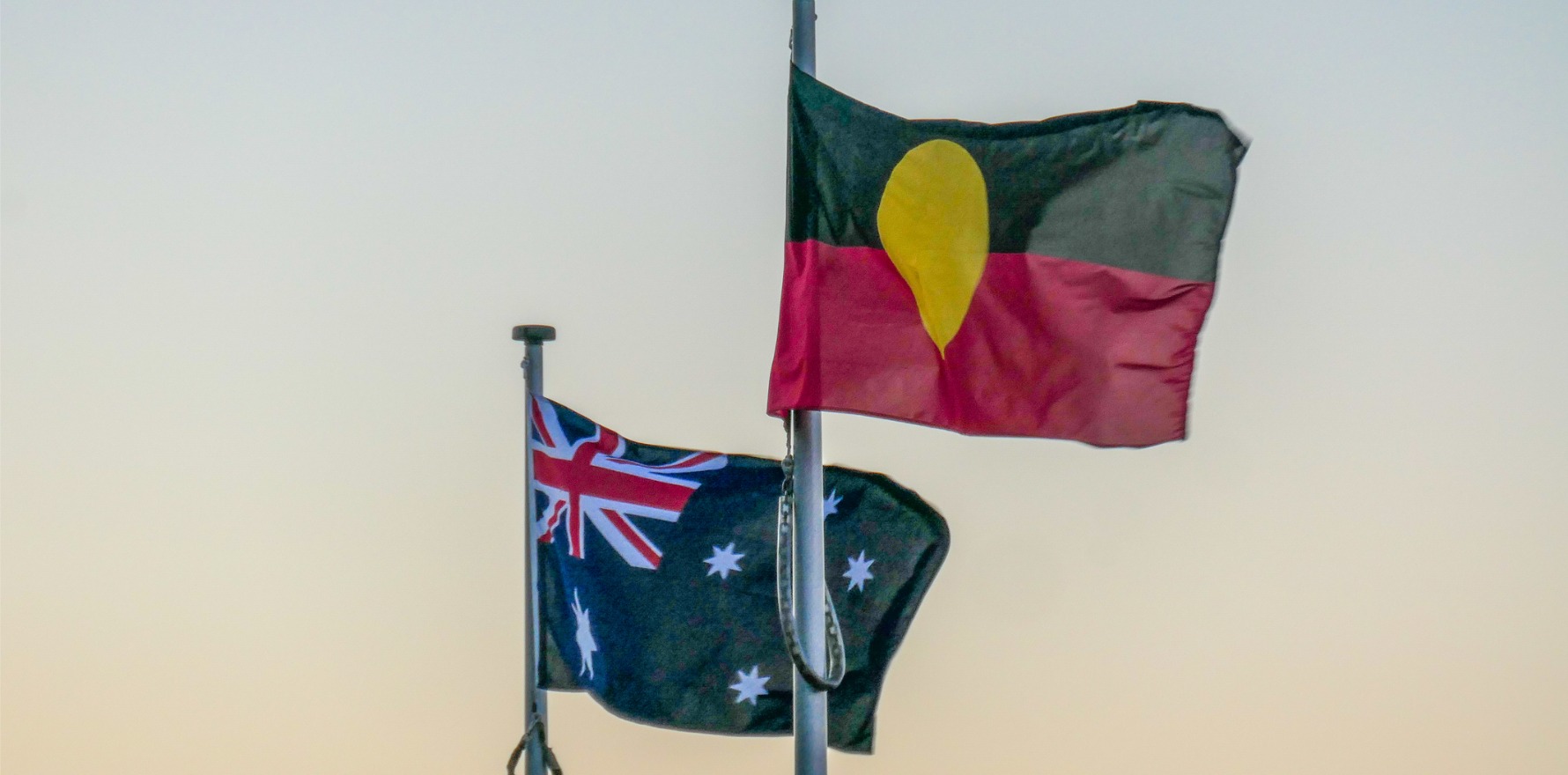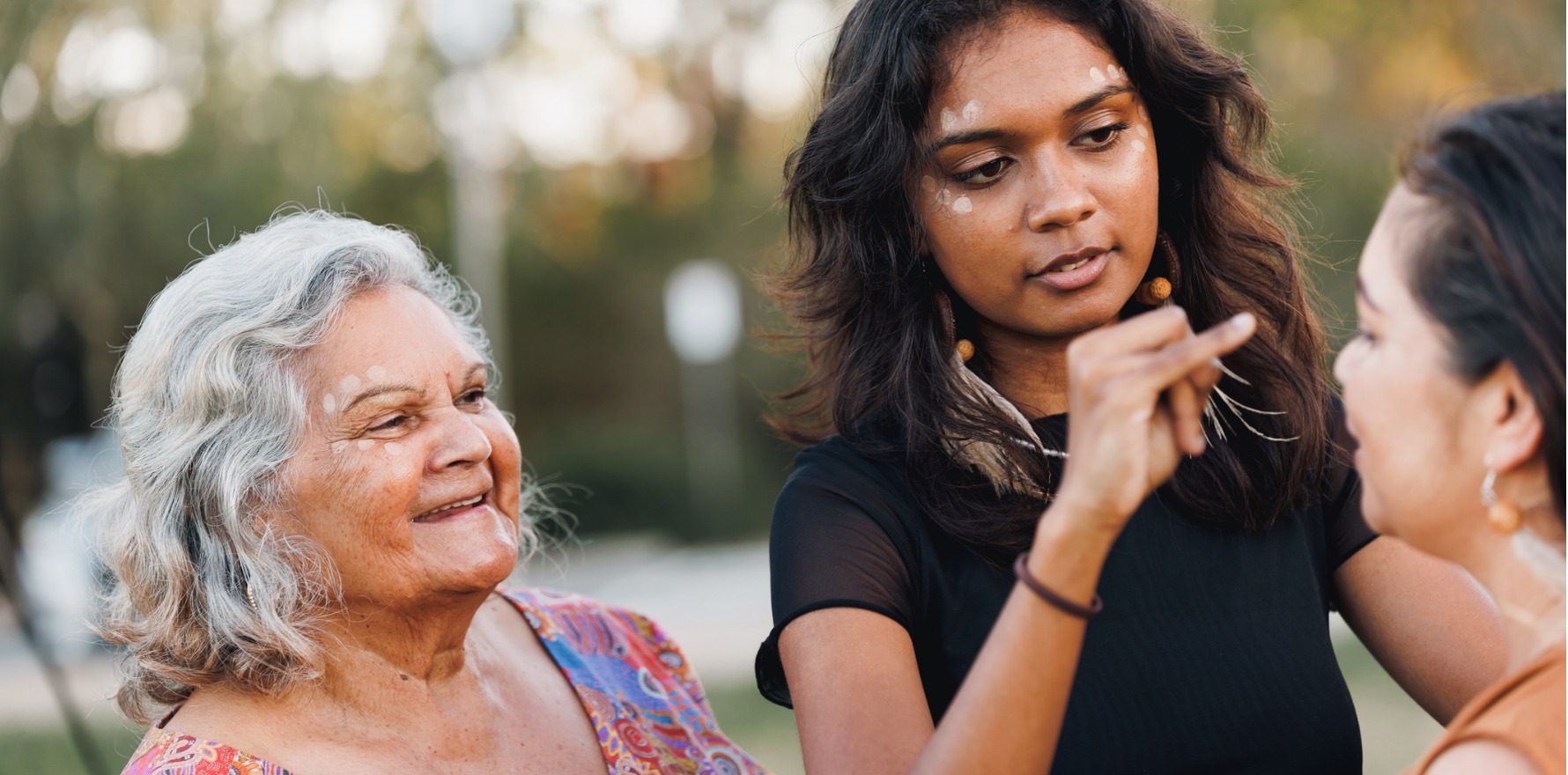With NAIDOC week in full swing, health bodies have made their statements on how to best implement antiracist practice to ensure equitable care.
With NAIDOC in full swing this week, many advocacy bodies are reflecting on how general practice can act better when it comes to Indigenous reconciliation.
This comes in the wake of not only NAIDOC week events but also the release of a Medical Journal of Australia article that has outlined possible strategies to address racism within the health sector.
The article made strong recommendations for the health sector to adopt a “broader antiracist strategy that complexly engages with the structural and lived realities of race and racism”.
The article, coauthored by Chelsea Watego from the Carumba Institute at the Queensland University of Technology, explained how transformative change could not be enacted without challenging the workings of racial power.
The establishment of antiracist practice in healthcare needs the development of cultural education as a more critical foundation of effective general practice.
The Australian College of Rural and Remote Medicine (ACRRM) has shown support for the furthering of cultural education as part of effective healthcare.
This has been especially effective in rural healthcare with ACRRM reporting a 40% increase in Aboriginal and Torres Strait Islander registrars joining the ACRRM Fellowship Program over the past 12 months.
Related
“Cultural safety is not a box to tick—it’s a lifelong journey grounded in truth-telling, deep listening, and respect,” ACRRM president Dr Rod Martin stated.
“We are committed to embedding cultural knowledge and self-determination across all parts of our college.”
The integration of cultural education has been reported as being highly beneficial in establishing a more sustainable model of collaborative care.
“It’s been one of those really good, key things where collaboration means that you’ve got a single message across the country with a very much First Nations-controlled and delivered program.
“We’ve got really good capacity to make sure that that all of our doctors, irrespective of which college, irrespective of location, get the appropriate cultural safety training and deep understanding of where First Nations people’s health sits at the moment,” Dr Martin told TMR.
The RACGP has also made calls for greater changes to Australian healthcare to address systemic racism and inequitable care.
As part of NAIDOC Week, the college has launched a position statement on the Uluru Statement from the Heart, reiterating its support.
“Advancing the Uluru Statement from the Heart will increase real opportunities for the government to support self-determination, implement priority reform areas and achieve targets under the National Closing the Gap agreement,” RACGP president Dr Michael Wright stated.
“The RACGP has supported the Uluru Statement from the Heart since 2018. We believe that self-determination and truth-telling are vital to achieving health equity, and health outcomes are stronger when Aboriginal and Torres Strait Islander peoples take control over their communities’ health and wellbeing.”
Dr Karen Nicholls, the RACGP’s Aboriginal and Torres Strait Islander Healthcare chair, said:
“Aboriginal and Torres Strait Islander GPs are such an important part of our health workforce and continuing to support and grow this workforce is a priority.
“Thinking on the NAIDOC theme of ‘The Next Generation: Strength, Vision and Legacy’ we can celebrate the fact that Aboriginal and Torres Strait Islander people are represented across the whole spectrum of general practice.”




